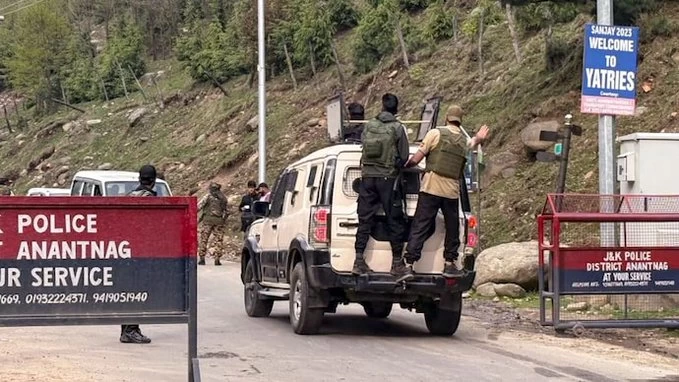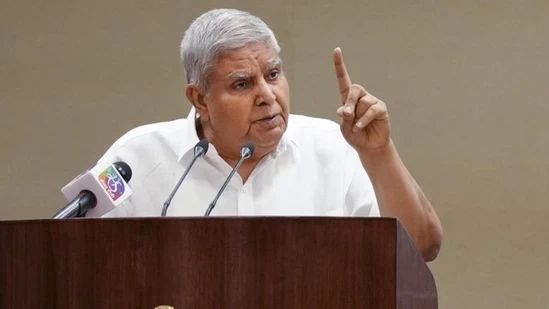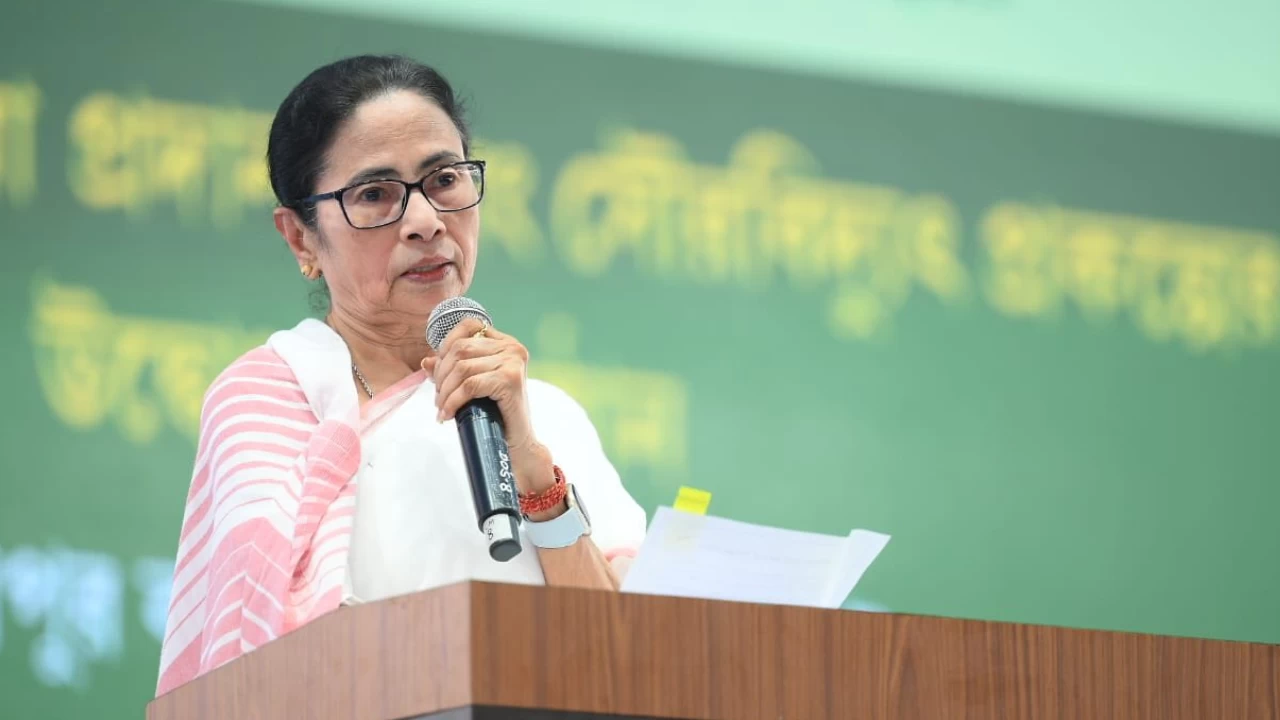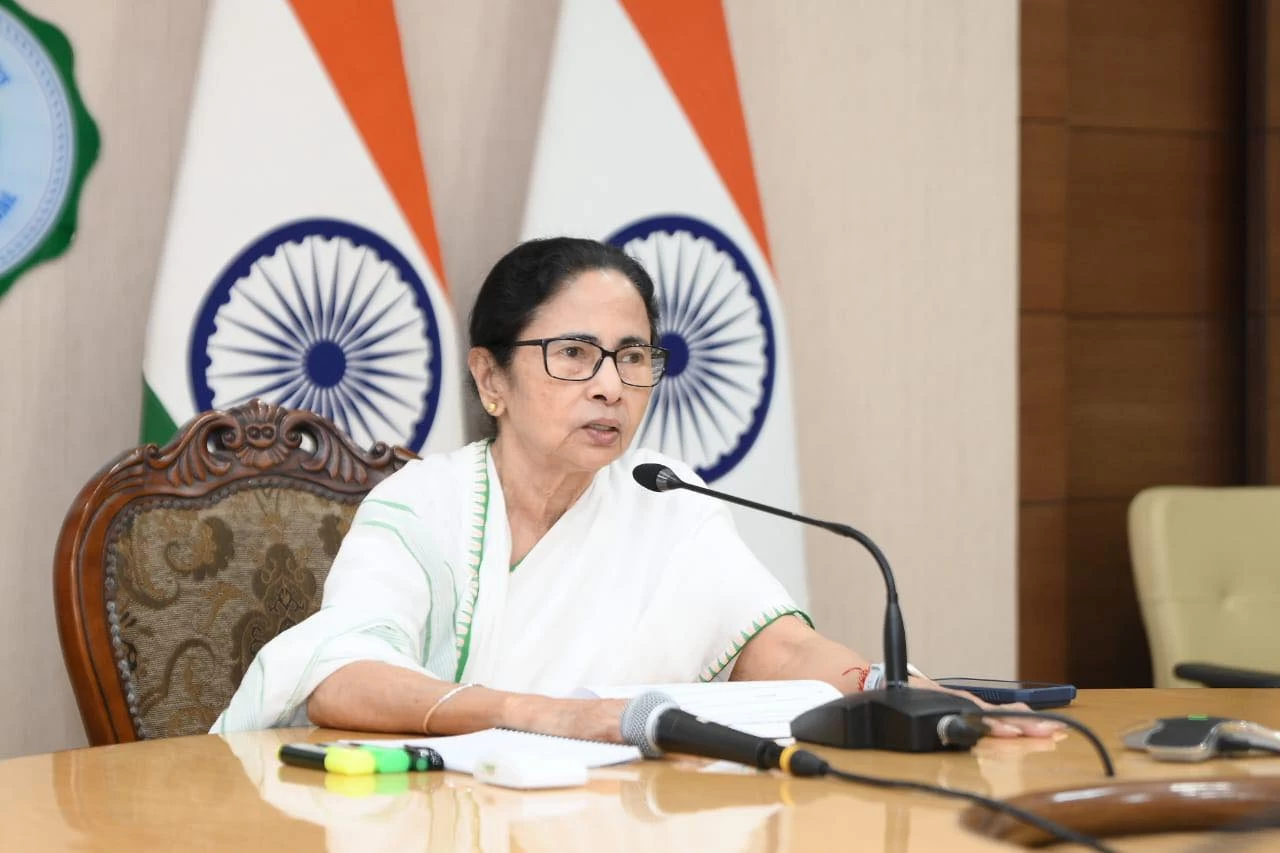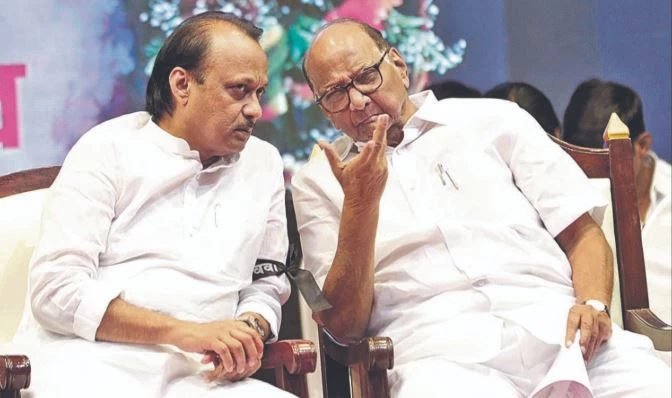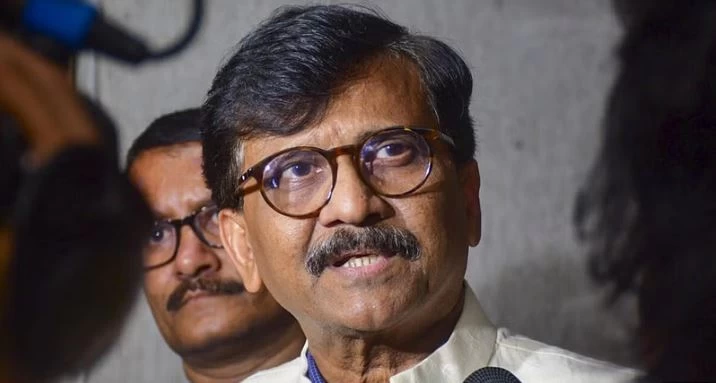Latest Updates
“If you win, EVMs are not tampered with. When you lose, EVMs are tampered with…”: Supreme Court Dismisses PIL Seeking Return to Ballot Papers, Affirms Trust in EVMs Amid Allegations of Tampering
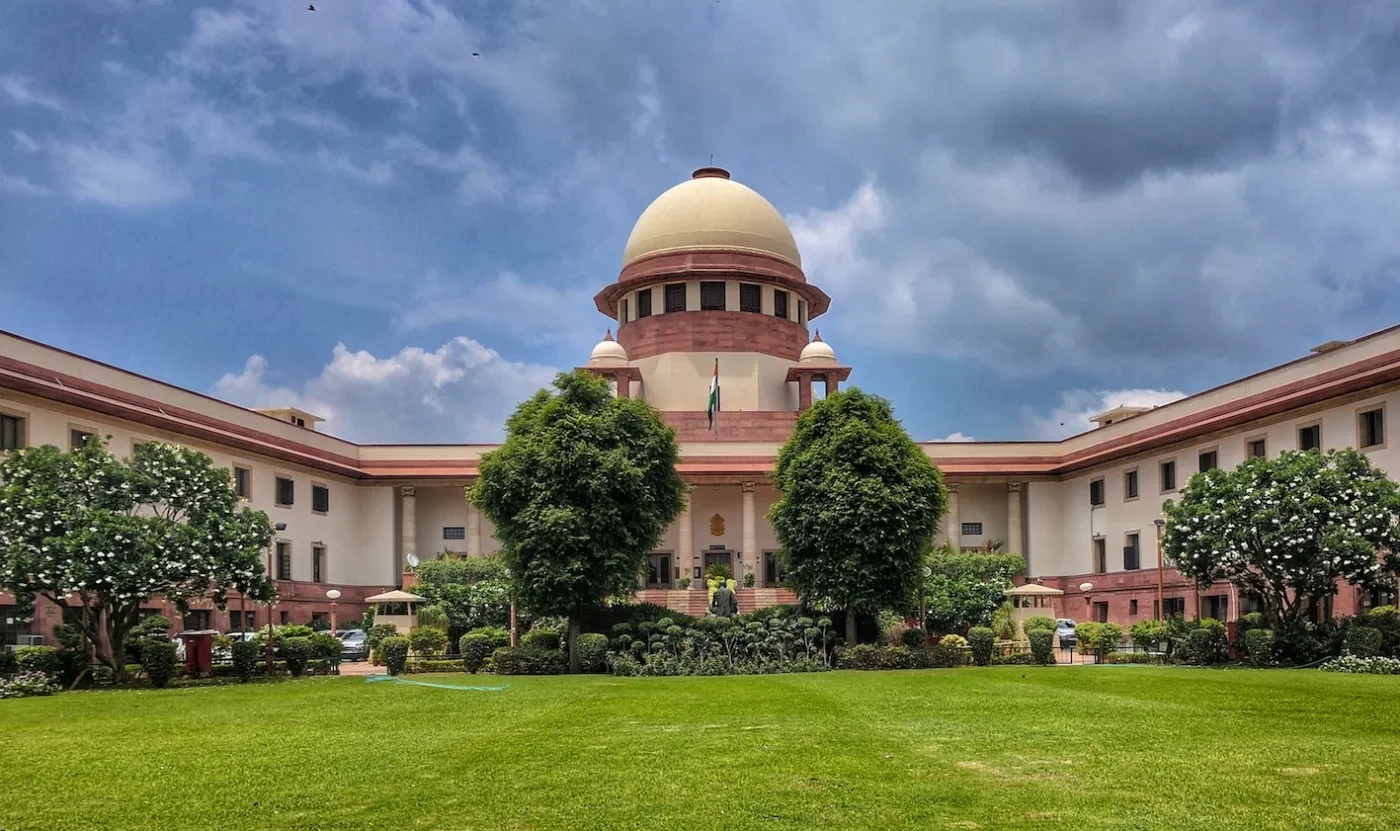
The Supreme Court on Tuesday dismissed a Public Interest Litigation that sought the reintroduction of ballot papers in place of Electronic Voting Machines (EVMs). The court's decision came after K.A. Paul argued that the use of EVMs in elections could be compromised. Justice Vikram Nath, presiding over the two-judge bench, remarked that EVMs are only blamed when a party loses an election.
"What happens is, if you win the elections, EVMs are not tampered with. When you lose elections, EVMs are tampered with. When Chandrababu Naidu lost, he said EVMs can be tampered. Now, this time, Jagan Mohan Reddy lost, he said EVMs can be tampered," said Justice Nath. These comments were made in response to Paul's references to tweets from Naidu in 2018 and recent posts by Reddy, alleging possible tampering of EVMs following their respective electoral defeats.
Paul, who appeared in person, introduced himself as the President of the Global Peace Initiative, an NGO based in the United States. He claimed significant humanitarian work, including rescuing over 310,000 orphans and helping 4 million widows. He also noted that his PIL was supported by around 180 retired IAS/IPS officers and judges.
In response to a query from Justice Nath about his interest in politics, Paul insisted his petition was not political but aimed at protecting democracy. He argued that physical ballot papers were used in every democracy around the world, except in those countries ruled by dictators. “I have been to Russia with Putin, Syria with Assad, and Liberia with Charles Taylor—got him out of prison. He is in prison now. His wife also attended the summit on Saturday. So, we are protecting democracy,” he stated.
Paul further claimed that his plea had the support of 18 political parties and emphasized that all democracies, except those under authoritarian rule, use physical ballots. He also cited corruption in elections and referred to a statement by Elon Musk suggesting that EVMs could be tampered with.
Justice Nath questioned why Paul believed India should follow the same approach as other countries. Paul responded by highlighting alleged corruption in elections, pointing to the Election Commission's admission that it had seized Rs 9,000 crore. However, the bench remained unconvinced by his arguments and dismissed the PIL.
Earlier this year, in April, the Supreme Court had reaffirmed its confidence in the functioning of EVMs, rejecting calls for 100 percent verification of votes through Voter Verifiable Paper Audit Trail (VVPAT) slips or a return to ballot papers. Justices Sanjiv Khanna and Dipankar Datta, in a detailed review of the EVM process, found that stringent safeguards and protocols were in place to ensure the integrity of the voting system. “To us, it is apparent that a number of safeguards and protocols with stringent checks have been put in place,” the court stated.




